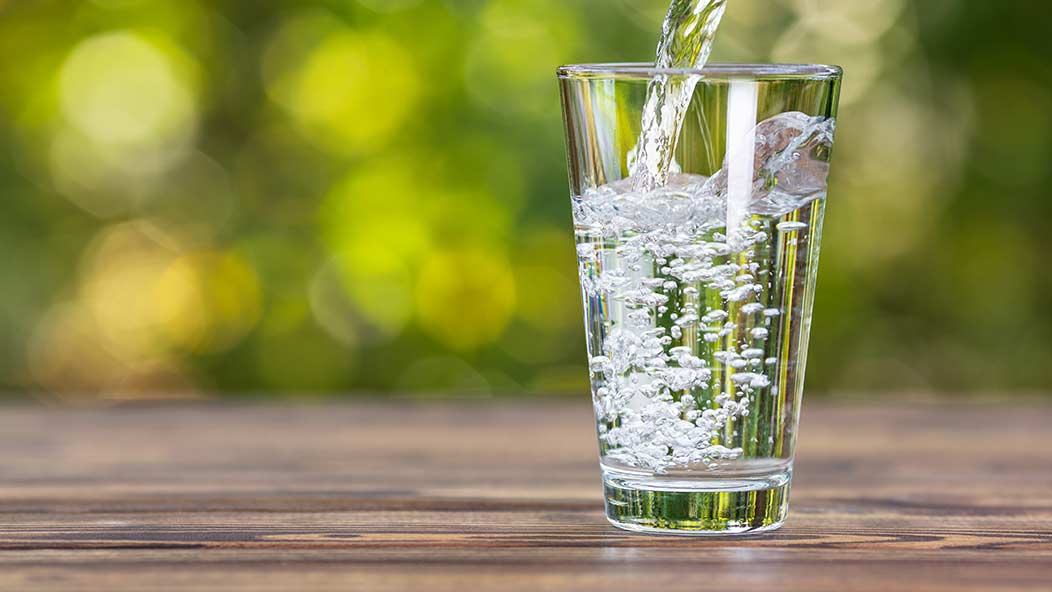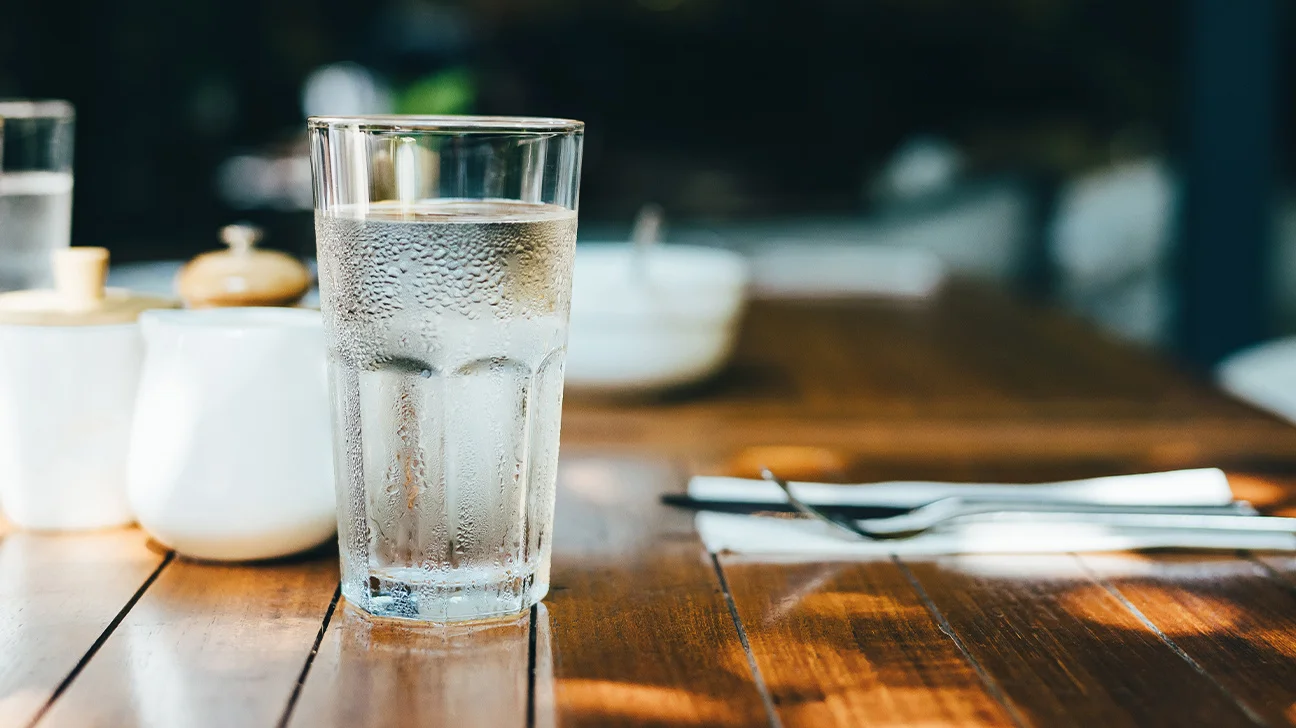Undertaking a week-long hydration experiment by drinking 2.5 liters of water daily revealed some surprising benefits to overall health, especially in terms of skin and mental clarity. Starting this journey with a goal that seemed both challenging and achievable, the experiment’s purpose was to see how proper hydration might impact energy, focus, skin appearance, and general well-being. Since opinions vary on the ideal daily water intake, 2.5 liters seemed a reasonable middle ground, especially given factors like body size, climate, and activity level that influence hydration needs.
The first few days posed some unexpected challenges, especially in adapting to the volume of water required. After an initial easy start, drinking became progressively harder, leading to a feeling of bloatedness by mid-afternoon. Frequent bathroom visits became a constant interruption, impacting work and drawing curious glances from colleagues. This period of adjustment highlighted the demands of staying properly hydrated, which was almost as consuming as a full-time task. However, commitment to the goal outweighed the discomforts, motivated by the potential health benefits of sticking with the experiment.

Gradually, the hydration effort started to show beneficial effects, particularly in energy and focus. By day three, the usual afternoon slump was gone, replaced by steady energy and sharper mental clarity. Unlike the buzz of caffeine, this heightened alertness felt natural and sustained, contributing to a more productive and balanced day. Alongside mental benefits, there were noticeable physical changes, particularly in skin appearance. While subtle, skin looked brighter and more refreshed, providing a visible sign of the body’s positive response to increased water intake.
As the week went on, the hydration routine became more manageable, likely due to factors like physical activity and a natural adaptation to the increased water consumption. Recognizing the risk of overhydration, the experiment underscored the need to be mindful of the body’s responses to avoid adverse effects. Beyond the visible changes in skin and energy, there was a noticeable improvement in mood and stress management, demonstrating the broader impact of hydration on mental resilience. This aligns with research linking hydration to various aspects of physical and mental health.
The experiment reinforced the critical role of water in enhancing both body and mind. While the adjustments were challenging, the boost in energy, focus, and skin health made it a worthwhile effort, showing that proper hydration offers holistic health benefits. Though the frequent bathroom trips were inconvenient, they seemed a fair trade for the improvements gained. The experience left a lasting impression, encouraging a continued focus on hydration as part of a broader wellness approach, given its subtle yet profound effects on overall well-being.
